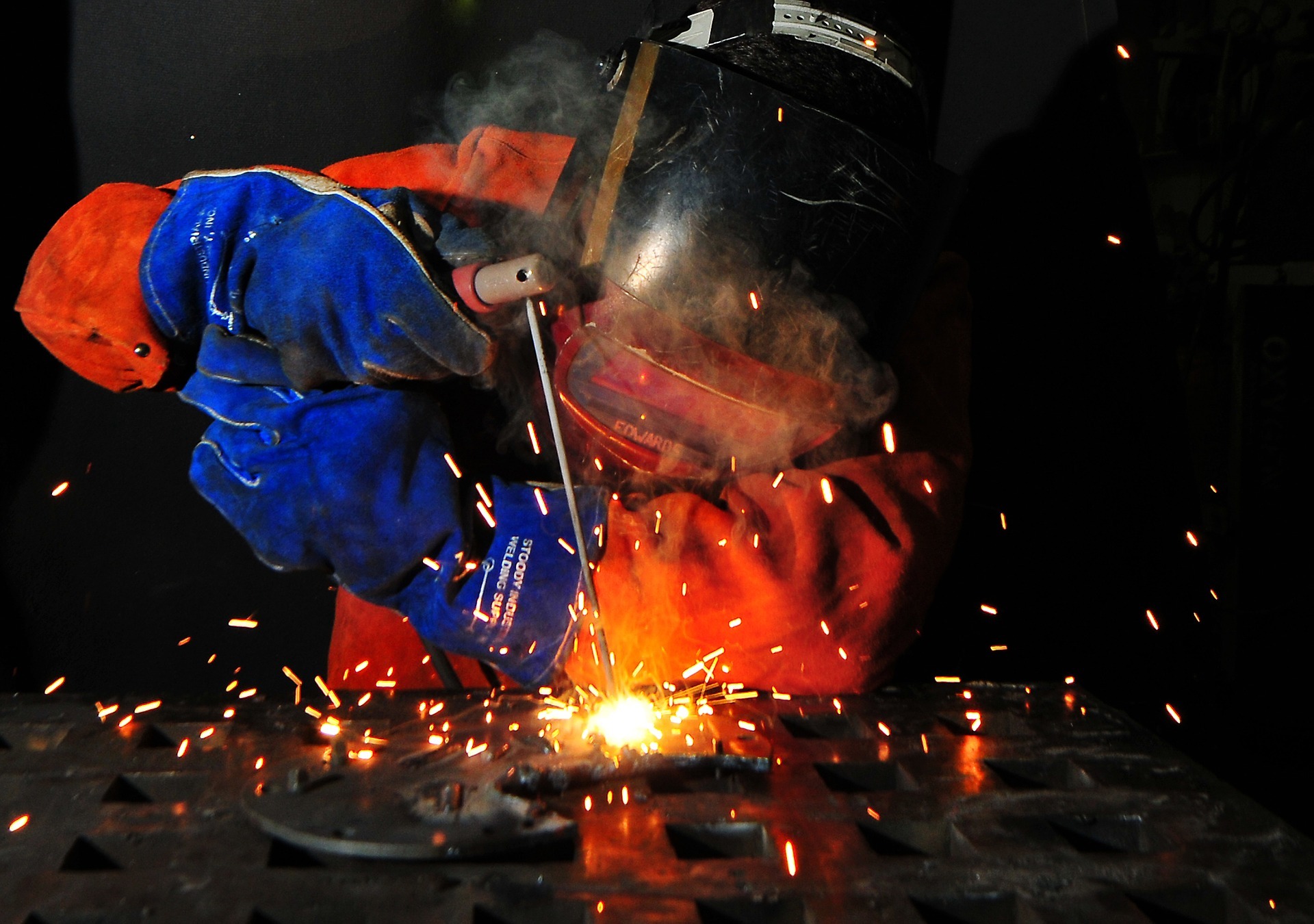As industries strive towards sustainability, welding—a fundamental process in manufacturing and construction—also adapts with eco-friendly solutions and technologies. This article explores environmental considerations in welding, highlighting innovative practices and technologies that minimize environmental impact while maintaining efficiency and quality.
Environmental Challenges in Welding
Welding processes traditionally involve energy-intensive operations and emissions that can impact air quality and contribute to environmental degradation. Key challenges include:
- Zużycie energii: Welding often requires significant energy inputs, especially in processes like arc welding where high temperatures are essential.
- Emisje: Welding generates emissions such as particulate matter, fumes, and gases (e.g., nitrogen oxides, volatile organic compounds) that can pose health risks and contribute to air pollution.
- Waste Generation: Waste from consumables (e.g., electrodes, shielding gases) and metal scraps adds to the environmental footprint.
Eco-Friendly Solutions and Technologies
- Energy-Efficient Welding Processes
- Spawanie łukiem gazowym (GMAW/MIG): Utilizes inert gases like argon or blends with CO2 to reduce emissions compared to flux-cored arc welding.
- Spawanie łukiem wolframowym (GTAW/TIG): Offers precise control and minimal spatter, suitable for thin materials and critical applications.
- Alternative Power Sources
- Solar-Powered Welding: Harnesses solar energy for welding operations, reducing reliance on conventional electricity sources and lowering carbon footprint.
- Zaawansowane materiały i materiały eksploatacyjne
- Low-Emission Electrodes: Electrodes with reduced fume emissions and improved efficiency minimize environmental impact.
- Recycled Materials: Using recycled metals and consumables reduces raw material extraction and energy consumption.
- Optymalizacja procesów
- Spawanie impulsowe: Reduces heat input and distortion, optimizing energy use and improving weld quality.
- Robotic Automation: Increases precision and efficiency, minimizing material waste and energy consumption.
Environmental Certification and Standards
- ISO 14001 Certification: Ensures organizations adhere to environmental management standards, including waste reduction and pollution prevention in welding processes.
- Green Manufacturing Initiatives: Encourage industries to adopt sustainable practices, including eco-friendly welding technologies and processes.
Benefits of Sustainable Welding Practices
- Reduced Environmental Footprint: Lower energy consumption, emissions, and waste generation contribute to a cleaner environment and compliance with regulatory standards.
- Oszczędność kosztów: Efficient use of resources and optimized processes can lead to lower operational costs over time.
- Enhanced Corporate Social Responsibility (CSR): Demonstrates commitment to environmental stewardship and sustainability, enhancing brand reputation.
Case Studies and Success Stories
- Przemysł motoryzacyjny: Implementing robotic welding systems with energy-efficient technologies reduces carbon emissions and improves productivity.
- Sektor budowlany: Adopting low-emission welding processes and using recycled materials for structural welding projects lowers environmental impact.
Future Trends and Innovations
- Advancements in Clean Technologies: Research and development focus on cleaner welding processes and materials to further reduce environmental impact.
- Circular Economy Practices: Emphasizing reuse, remanufacturing, and recycling of welding materials to minimize waste and conserve resources.
Wnioski
Sustainable development in welding requires a holistic approach, integrating eco-friendly solutions, advanced technologies, and adherence to environmental standards. By prioritizing energy efficiency, emissions reduction, and waste minimization, the welding industry can contribute to a greener future while meeting the demands of modern manufacturing and construction. Embracing sustainable practices not only protects the environment but also fosters innovation and competitiveness in the global market, ensuring long-term prosperity for industries and communities alike.

